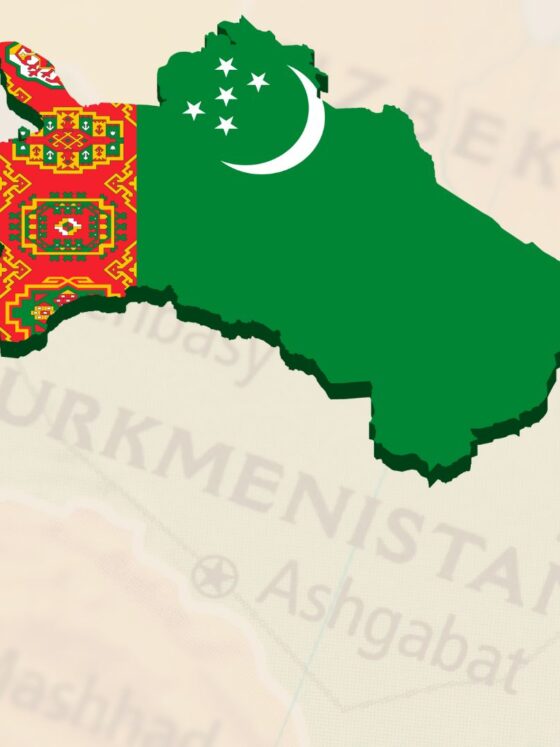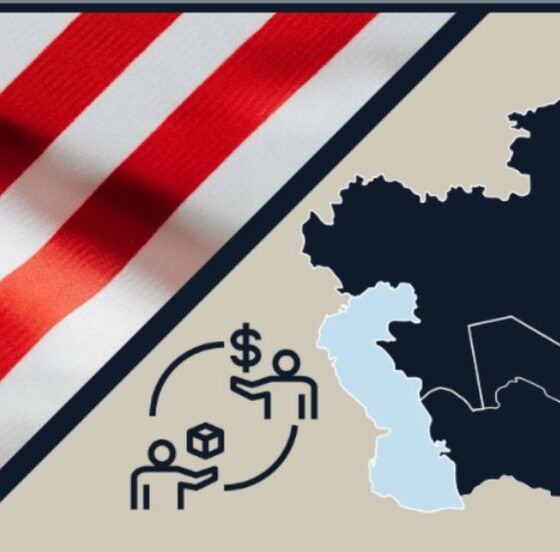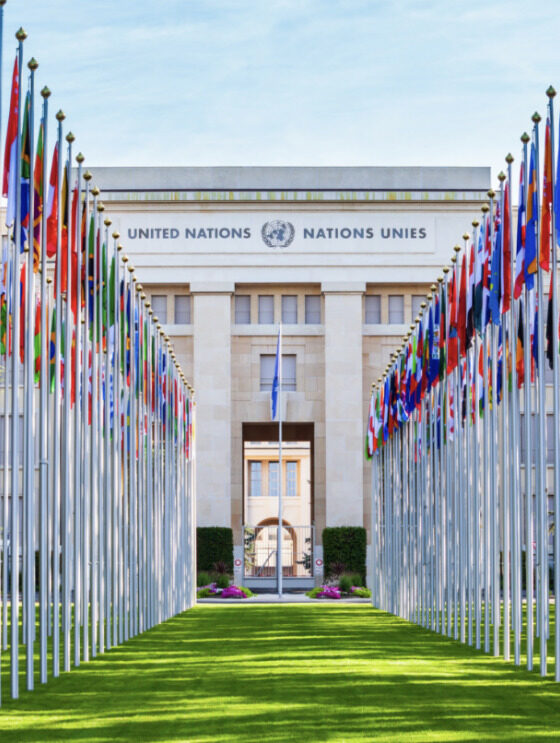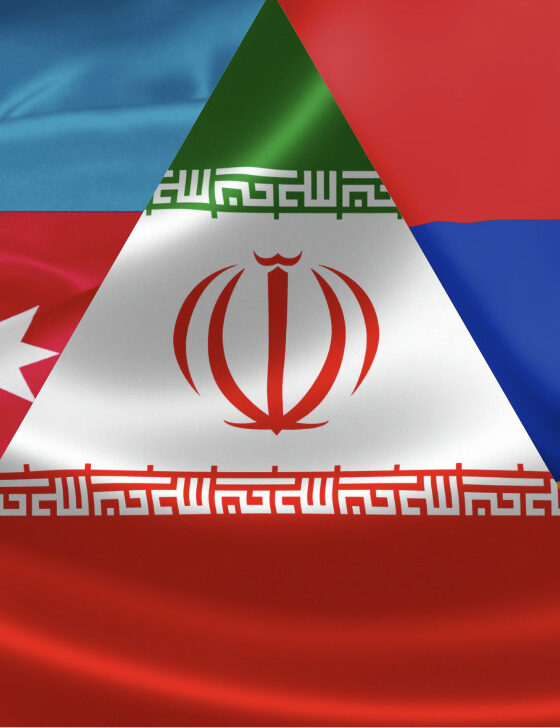Image from Kazakhstan’s Presidential Press Service
Online Event
In March 2019, Kassym-Jomart Tokayev assumed the presidency through a meticulously orchestrated succession, pledging to advance political liberalization and foster greater responsiveness among Kazakh state officials to the concerns of ordinary citizens. Against the backdrop of election protests in June 2019, the nation’s second President introduced the transformative “Listening State” reform, marking a significant departure from the hardline autocracy that characterized his predecessor Nursultan Nazarbayev’s 28-year rule.
The events of Bloody January (Qandy Qantar) in 2022 brought attention to issues of economic inequality and poverty, prompting a shift in focus from the “Listening State” to the “Just Kazakhstan” reform package. The subsequent government agenda for 2022–2023 emphasized constitutional changes, economic initiatives supporting populism, and the reclamation of assets from oligarchs by the state. Despite these changes, the demand for a responsive and genuinely open government persists in the post-conflict landscape of the country.
Five years after the initiation of the Listening State reforms, numerous questions linger. In this event, four experts will analyze and discuss the prospects for open government in Kazakhstan, offering a critical assessment of the extent and limitations of the materialization of Tokayev’s Listening State reform.
SPEAKERS
Dr. Bakhytzhan Kurmanov, Research Fellow at the Graduate School of Development, University of Central Asia. Previously, he served as an Assistant Professor at the International School of Economics at KazGUU. He has extensive experience working with international organizations such as the United Nations Development Programme, the Asian Development Bank, and various Kazakhstani think tanks. His research focuses on diverse areas related to Central Asian studies, including open government, digital citizen activism, and the politics and political economy of authoritarianism, as well as nation-building and memory politics. His scholarly contributions have been published in journals such as the Journal of Eurasian Studies, Central Asian Survey, and Asian Development Review. In 2021, he completed his PhD in Public Policy at Nazarbayev University, where he delved into the study of open government reform in Central Asia.
Dr. Saltanat Janenova is a Lecturer in Public Policy at the School for Policy Studies, University of Bristol, and a Visiting Professor in the Academy of Public Administration under the President of Kazakhstan. She holds a PhD in Social Policy from the University of Edinburgh. Her research interests include public-sector reforms in post-Soviet Eurasia, open government, corruption, and public service innovations. Previously, she worked at Nazarbayev University (Kazakhstan) and the University of Birmingham (UK). She has been a long-term consultant to the Organization for Economic Co-operation and Development (OECD) and the United Nations Development Prorgram (UNDP). Her research work has been published in reputable journals in the field of public policy and public administration.
Mira Beisenova is a Program Manager at the Oxus Society for Central Asian Affairs. Mira holds a master’s degree in international relations from KIMEP University (Kazakhstan). As a Development Communication specialist with 15 years of experience, she was involved in UN projects on improving the welfare of communities, the World Bank’s poverty-reduction program, the EU Project on Enhancing the Criminal Justice System of Kazakhstan, and many others, which have enhanced national development efforts and engaged in regional initiatives on strengthening civil society.
Gaziz Abishev holds a master’s degree in mathematics from the Pavlodar State Pedagogical Institute (Kazakhstan). From 2005 to 2009, he served as a mathematics teacher at Gymnasium No. 3 for gifted children. Transitioning to the field of business journalism, he worked in various roles from correspondent to editor-in-chief between 2009 and 2019. In 2016, he completed his master’s degree in economics at Queen Mary University of London. Since 2019, he has shifted his focus to become a political commentator and analyst, establishing the ABISHEV ANALYTICS Telegram channel and the NeKurultay YouTube channel. He actively contributes to the production of analytical reports for various policy institutes in Kazakhstan. In 2022, Gaziz embarked on a new journey, and is now pursuing a doctoral degree in Political Science at the Eurasian National University.
MODERATOR
Sebastien Peyrouse is Director of the Central Asia Program and Research Professor, IERES, The George Washington University. His main areas of expertise are political systems in Central Asia, economic and social issues, Islam and religious minorities, and Central Asia’s geopolitical positioning toward China, India, and South Asia.
RSVP JOIN ZOOM












